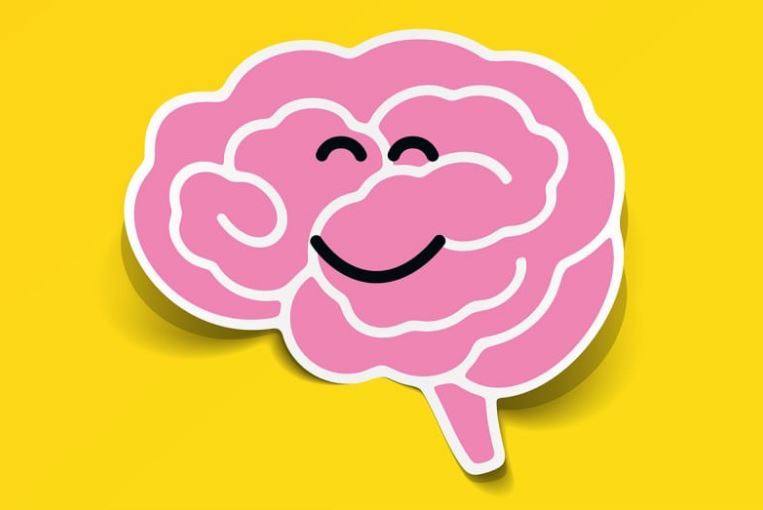Do you see the glass half full or half empty?
Research shows that the answer to your question can affect both your physical and mental health, and of course being a positive thinker is best for both.
A study of 70,000 people from 2004 to 2012 found that people who practiced positive thinking had a significantly lower risk of heart disease, stroke, breast, ovarian and lung cancer, infectious and respiratory diseases.
It has also been observed that living with a positive mindset leads to changes in people’s lives, such as increased quality of life, increased energy, better psychological and physical health, easier recovery from illnesses, and a much lower likelihood of depression.
Positive thinking doesn’t instantly fix all problems, but the effect is basically to show that problems are more solvable, and this makes it easier and faster to work on solving them.
How can we think positively?

Positive thinking can be achieved with a few techniques. Talking positively, surrounding ourselves with positive images. Here are a few tips to train your brain to think positively, to push you towards this way of living.
Focus on the positive
Recognize and appreciate what you have
Write down the things you have that make you happy
Make jokes!
Spend time with energetic people
Practice positive self-talk
Identify the areas that make you unhappy
Start each day with a nice, positive, motivating note
And if everything is going badly, how can we think positively?

If things are not going well in one’s life, it may seem impossible to think positively. At times like these, it is very helpful to calm down, breathe and take at least a little psychological load off. Getting support from the people you love and trust around you will make you feel good.
Positive thinking is not about burying every negative thought or emotion you have, or avoiding difficult emotions. The negative things we experience should often be the ones that motivate us to move forward and make positive changes. So that’s one way of looking at it.
Think of yourself as yourself and as the best friend you can be. Research what advice you would give yourself and work your way through it.
What happens when you think negative all the time?

Negative thinking and the many emotions that accompany it, such as pessimism, stress and anger, can cause many physical symptoms and increase your risk of illness, which can lead to a shorter life.
Stress and other negative emotions affect the release of stress hormones in our body, triggering various processes such as metabolism and immune function. Prolonged stress increases inflammation in your body, which can lead to serious illnesses.
Headaches, body aches, nausea, fatigue and difficulty sleeping are the consequences of a stressful life.
